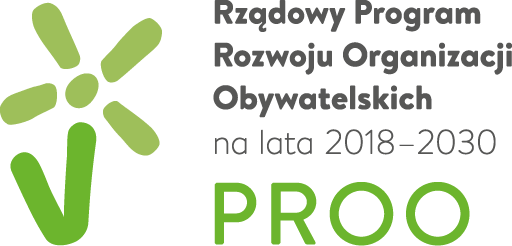The post-penitentiary assistance project is aimed at people who leave prisons and detention centers, those incarcerated in them, and their families. Its main goal is to support reintegration into society and facilitate a return to life outside the prison walls. We offer a wide range of assistance, including career counseling, job search support, assistance in dealing with official matters and access to legal advice. We also provide the psychological support necessary to work through the experience of serving a sentence and adapt to a new reality. For families of people leaving prisons, we have an offer of support in finding their way after a family member is incarcerated and coping with the challenges that this period brings. Our goal is to help create a stable foundation for a new chapter in life, both for those leaving prison and their families, so that everyone can enjoy the fullness of freedom and opportunity that lies ahead.











